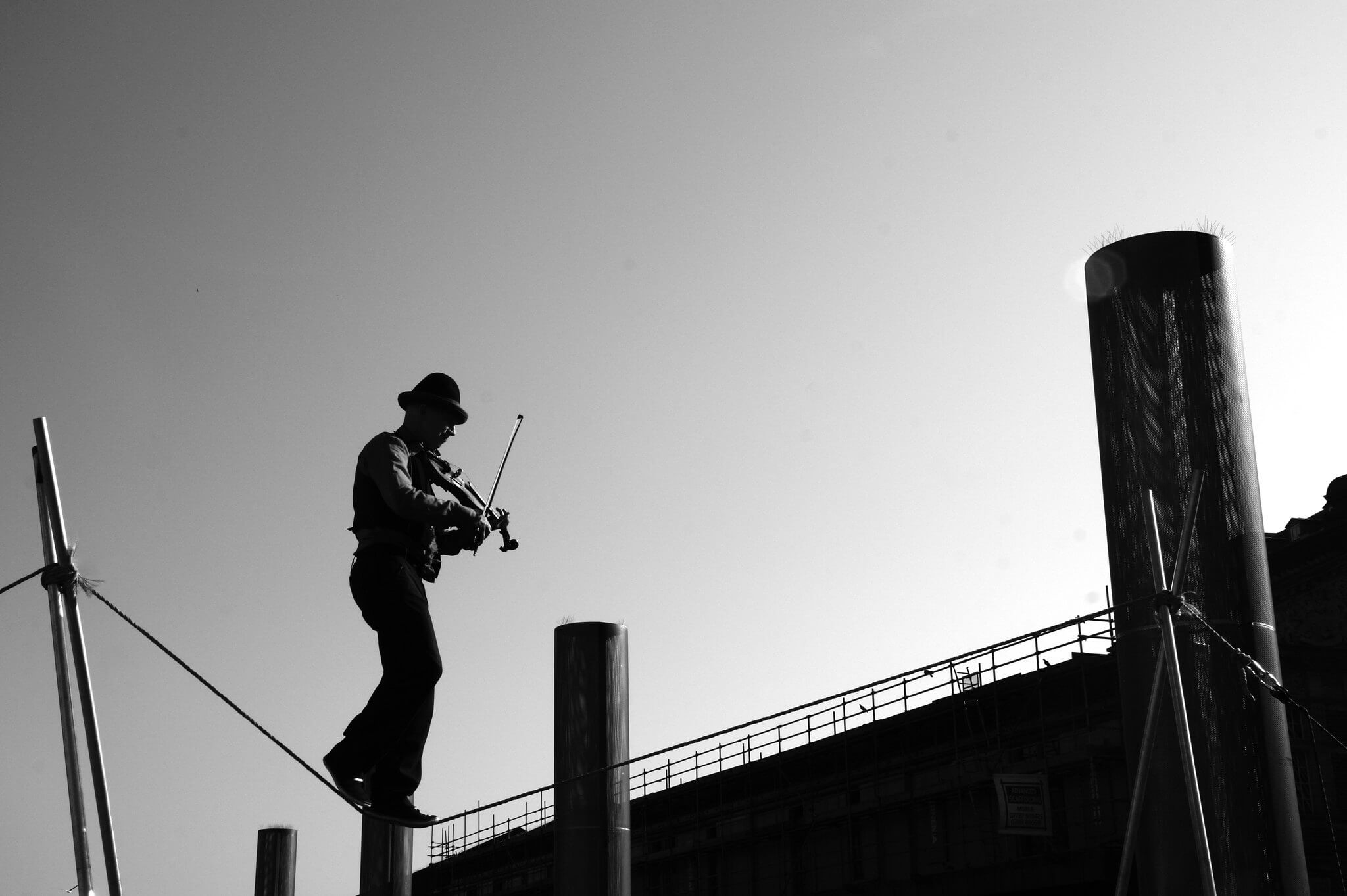Conversations
Conversations
Similarities of Difference Reveal Hope for the Future
Similarities of Difference Reveal Hope for the Future
Take three women. Add a dash of humour, a pinch of earnestness, a large quantity of learning and a receptive audience, and you have the recipe for an evening of entertainment mixed with illuminating insight.
Take three women. Add a dash of humour, a pinch of earnestness, a large quantity of learning and a receptive audience, and you have the recipe for an evening of entertainment mixed with illuminating insight.
Take three women. Add a dash of humour, a pinch of earnestness, a large quantity of learning and a receptive audience, and you have the recipe for an evening of entertainment mixed with illuminating insight.

The Similarities of Difference was a panel discussion hosted by the Bahá’í community on May 19th at the Bahá’í Centre in Dublin. During it, three women – Roja Fazaeli of Trinity College, author Bahiyyih Nakhjavani and Sarah Sabour Chadwick of DIT – reflected on their experiences of being different: an Iranian woman with a Presbyterian, American husband adjusting to life in Ireland; an Iranian-born baby, raised in Africa and now living in Europe; and an Irish woman with an Iraqi mother and an Irish father growing up in rural Cavan in the ‘eighties and ‘nineties.
But it was the similarities rather than the differences that came across most clearly. It is Dr. Fazaeli’s little girl who is bonding their diverse families together with great love. And for Sarah Sabour Chadwick, in reflecting on her own experiences as a child she realised that the work of acceptance and integration must begin with children who “have open hearts” and “who can integrate more easily than adults.”
When children come together in natural ways integration happens automatically. And as the evening went on and the audience joined in on the discussion, it was suggested that if we can create natural spaces for adults to mix and get to know each other as well, then the work of integration becomes a natural, human process instead of simply a box ticking exercise. Bahiyyih Nakhjavani remarked in the course of the discussion, that some of those spaces can be just be places where the ordinary human stories of life and experiences are shared.
There was great audience interaction with the panel as the evening unfolded and experiences were shared. There were lots of laughs at hilarious stories of difference and all of the speakers spoke eloquently in describing, what was in the end, their basically similar experiences of being different. But in spite of the lively and engaged exchange of ideas and suggestions for ways forward at every level in society, it was clear that in the end it was the children who stole the night and gave the greatest hope for the future.
Integration must begin with children who “have open hearts”
Integration must begin with children who “have open hearts”
Integration must begin with children who “have open hearts”
Integration must begin with children who “have open hearts”
Integration must begin with children who “have open hearts”
Catch up on the discussion here:
Some more Conversations
Some more Conversations
Some more Conversations
© 182 / 2026 | The National Spiritual Assembly of The Bahá'ís of Ireland | info@bahai.ie | (01) 6683 150 | CHY 05920 | RCN:20009724
© 182 / 2026 | The National Spiritual Assembly of The Bahá'ís of Ireland | info@bahai.ie | (01) 6683 150 | CHY 05920 | RCN:20009724
© 182 / 2026 | The National Spiritual Assembly of The Bahá'ís of Ireland | info@bahai.ie | (01) 6683 150 | CHY 05920 | RCN:20009724
© 182 / 2026 | The National Spiritual Assembly of The Bahá'ís of Ireland | info@bahai.ie | (01) 6683 150 | CHY 05920 | RCN:20009724










